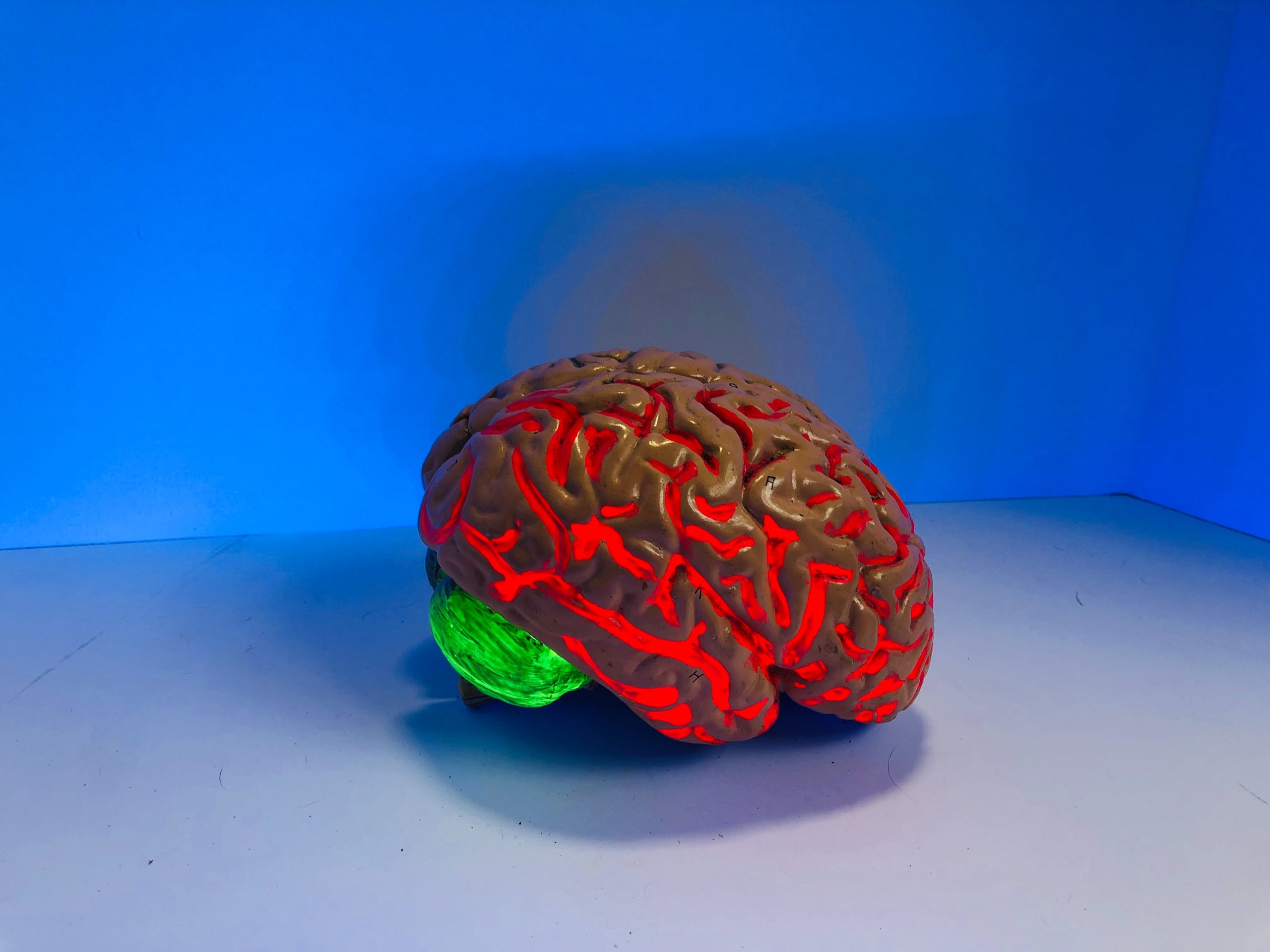
- This event has passed.
Work-in-progress Talk: Dimitri Coelho Mollo (SCIoI) & Alfredo Vernazzani (Ruhr Universität Bochum): Saving Representational Formats: A computational theory
16 July, 2020 @ 10:00 am - 11:00 am
Abstract
Most cognitive sciences (including AI) appeal to representations in explaining (or trying to create) systems capable of cognition, and especially of complex, intelligent behaviour. In philosophy, considerable attention has been dedicated to the problem of explaining in scientifically-acceptable ways how representations come to represent what they do. In contrast, there has been much less effort dedicated to developing theories of representational formats, i.e. those properties of representations traditionally conceived in terms of dichotomies that oppose the symbolic to the iconic, the digital to analogue, and so on. For the most part, work on representational formats has focused on their distinctive phenomenological features; while philosophers have tended largely to remain vague about formats’ explanatory role in cognitive theories and their computational roles in the cognitive system.
In this talk, we propose a new computation-based theory of representational formats that makes room for a plurality of distinguishable formats across a number of different dimensions — such as density, continuity, similarity, etc. — thus avoiding partial or simplistic dichotomies, and neatly individuating the nature and role of representational formats in explaining cognition and intelligent behavior. According to our proposal, representational formats are to be understood primarily in terms of their abstract computational profiles, that is, the coarse-grained computational transformations that they allow. In cashing out this computation-based account of representational formats, we rely on recent advances in understanding the nature of computation in physical systems brought forth by the teleomechanistic view of computation.
The Zoom Link will be sent the day before the lecture. (Contact communication@scioi.de for specific questions)





